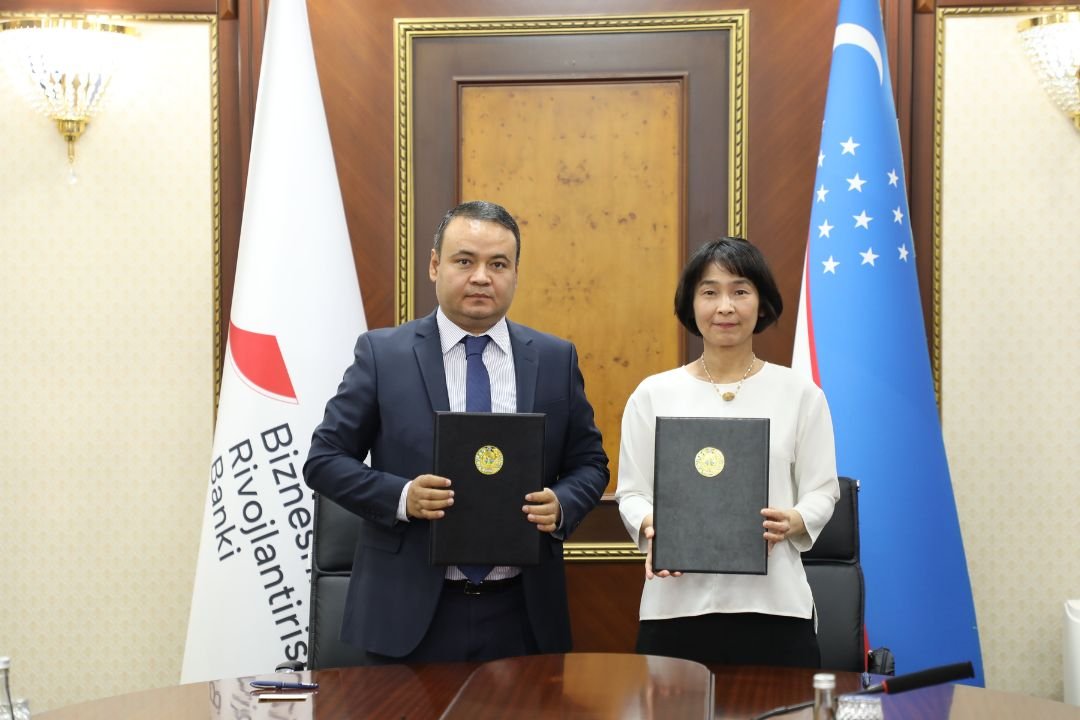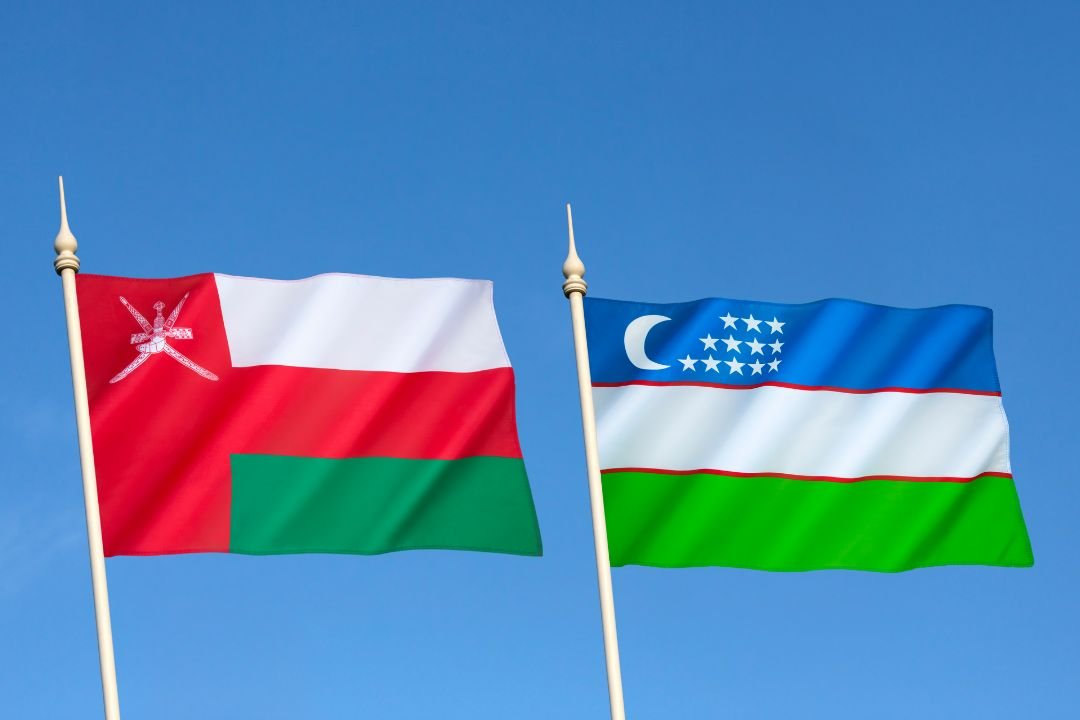The International Center for Biosaline Agriculture Delegation attended & supported the International High-Level Forum of LLDCs on Food Security & SDGs in Tashkent, Uzbekistan in the presence of Director General, Dr. Tarifa Al Zaabi.
The forum was held by The Ministry of Agriculture of Uzbekistan (MoA) with support from the Food and Agriculture Organization of the United Nations (FAO), and gathered high-ranking officials, government ministers, heads of international organizations, and leaders of the private sector to talk about the urgent issues and perspectives of the development of agrifood systems in LLDCs.
The webinar was held as a side event of the dialogue and Dr. Tarifa Al Zaabi spoke in the panel on “Evidence-Based Policymaking for Sustainable Development in LLDCs”. She explained a number of recommendations on how to undertake evidence based policy approaches toward policy formulation for the improvement of sustainable development in landlocked countries which are characterized by some challenges including; market accessibility, costly haulage among others and vulnerability to climatic shocks. Dr. Tarifa highlighted on the fact and importance of gathering and analyzing qualitative and quantitative data for policy intervention that can support improvement of yields and vulnerability in agriculture. She also emphasised the need for the strengthening research capacity in the LLDCs pointing out that the bulk of innovation must be home grown.
Speaking at the high level plenary session ‘The imperative and potential for developing Agri-food systems in Landlocked Developing countries,’ Dr. Tarifa encouraged diversification and new strategies for developing the Agriculture food systems, creating pro- imaginative solutions to environmental and economic issues in the countries. She outlined ICBA’s activities in breeding climate resistant crops, water-use efficiency and soil health. She also talked about the efficiency of newer methods of analyzing agricultural resourced including remote sensing and Geographic Information System (GIS). Professor Dr. Tarifa emphasized on promoting science, positive changes to improve science advancement and ICBA’s role in building partnerships for development for food security.
Dr. Tarifa Al Zaabi also extended her gratitude to the organizers of the forum, said, “I would like to thank the Ministry of Agriculture of Uzbekistan and FAO for organizing this high level event. It has provided a valuable platform for dialogue, exchange, and collaboration among stakeholders committed to achieving sustainable development and food security for landlocked developing countries.”
On the second day of the forum, ICBA signed two key MoUs following the Investment Forum on Agriculture and Food for Landlocked Developing Countries. The first MoU, with Uzbekistan’s Minister of Agriculture H.E. Ibrokhim Abdurakhmonov, focuses on sustainable agriculture, capacity building, and empowering women in agriculture. The second MoU, with Professor Islamov Sohib Yaxshibekovich, Rector of Tashkent State Agrarian University, promotes joint research, internships, and the creation of an ICBA Youth Engagement Society chapter to enhance youth involvement in agricultural development.
Dr. Tarifa Al Zaabi stated, “These partnerships represent our commitment to working hand in hand with local and international partners to bring about tangible improvements in agricultural practices, enhance food security, and build resilient communities. By combining our expertise and resources, we can address the unique challenges faced by landlocked countries and ensure sustainable growth for the future.”
The ICBA delegation’s visit to Uzbekistan represents a pivotal advancement in enhancing global cooperation to tackle the specific challenges of landlocked developing nations. By engaging in high-level discussions, formalizing strategic MoUs, and building partnerships with important stakeholders, ICBA is furthering its mission to advance sustainable agricultural practices and food security. These initiatives highlight ICBA’s dedication to harnessing innovation, research, and collaboration to create resilient agri-food systems and support global sustainable development objectives.










